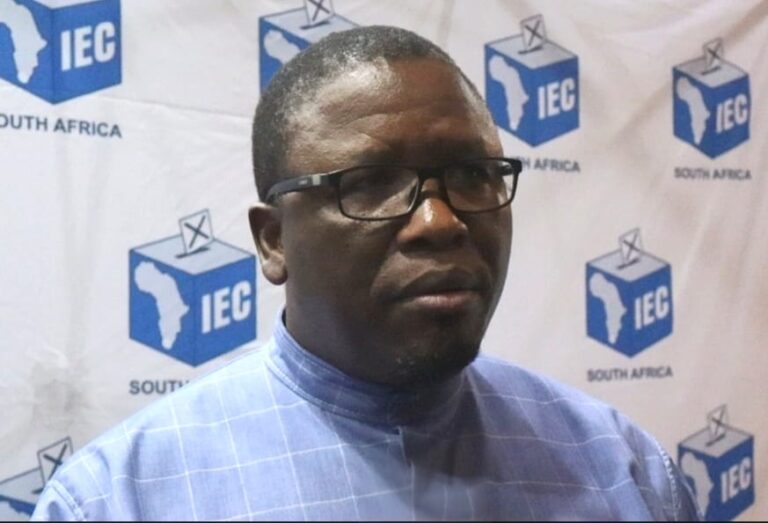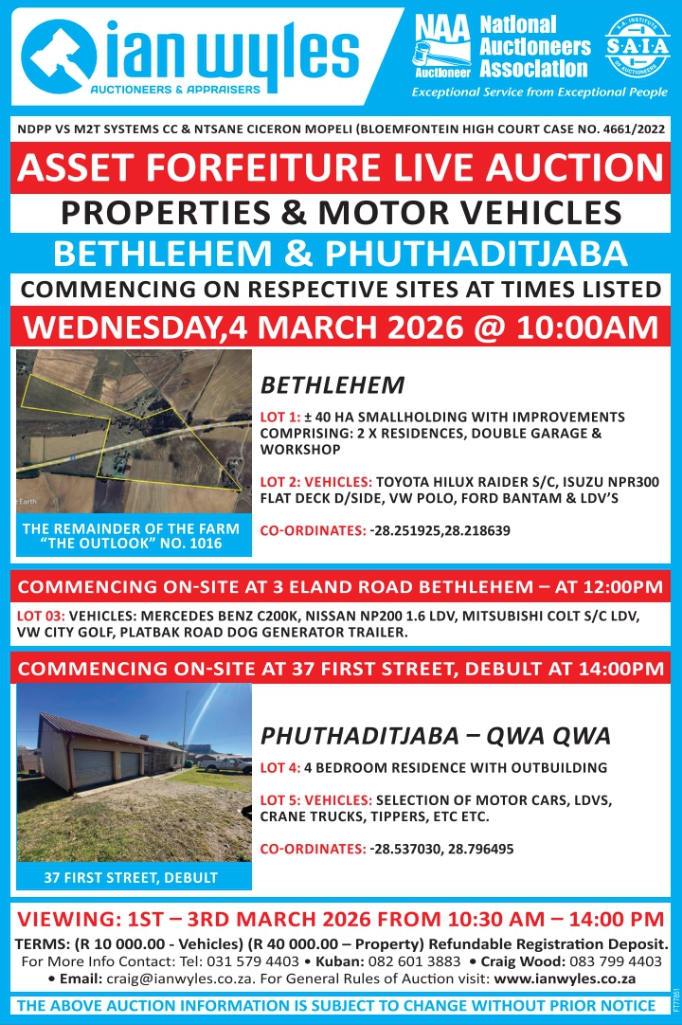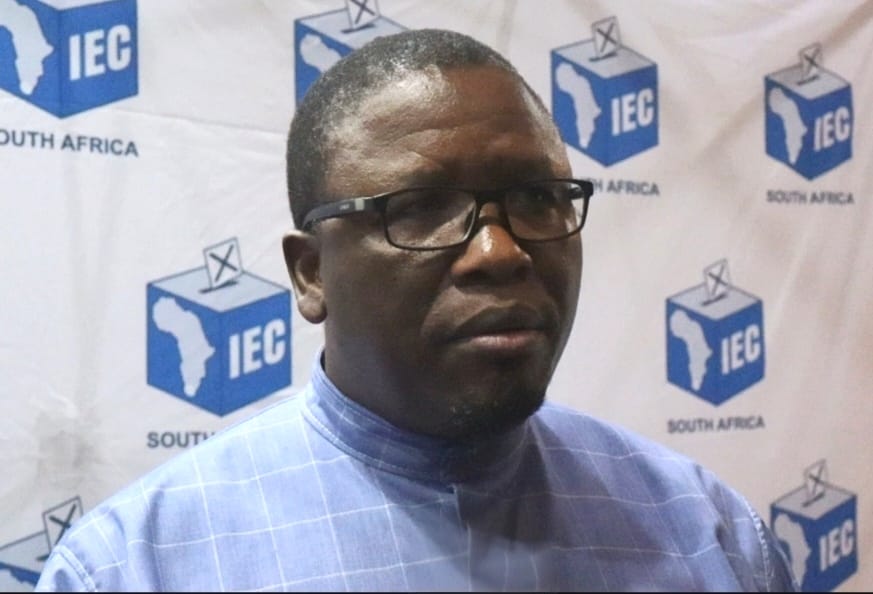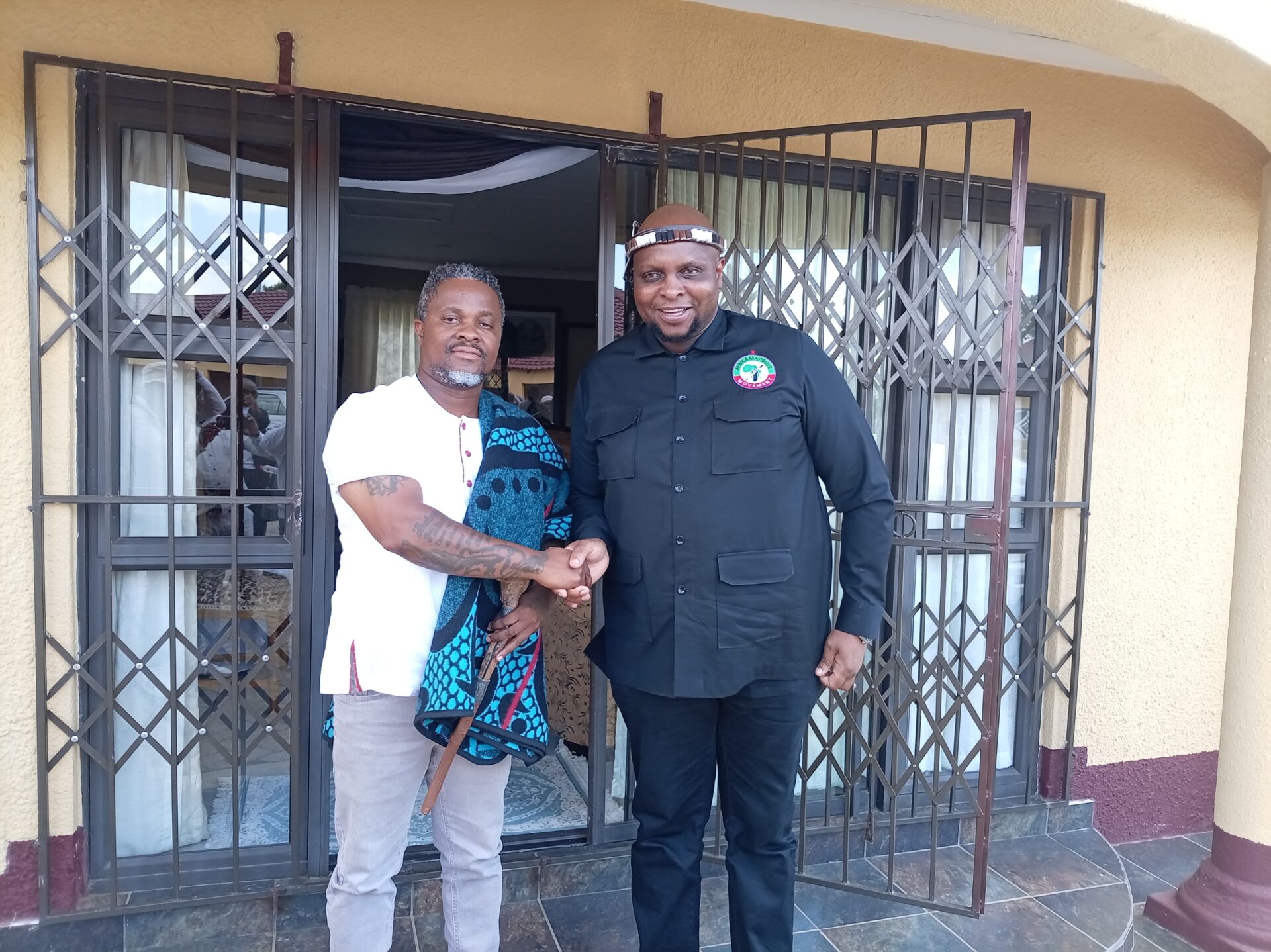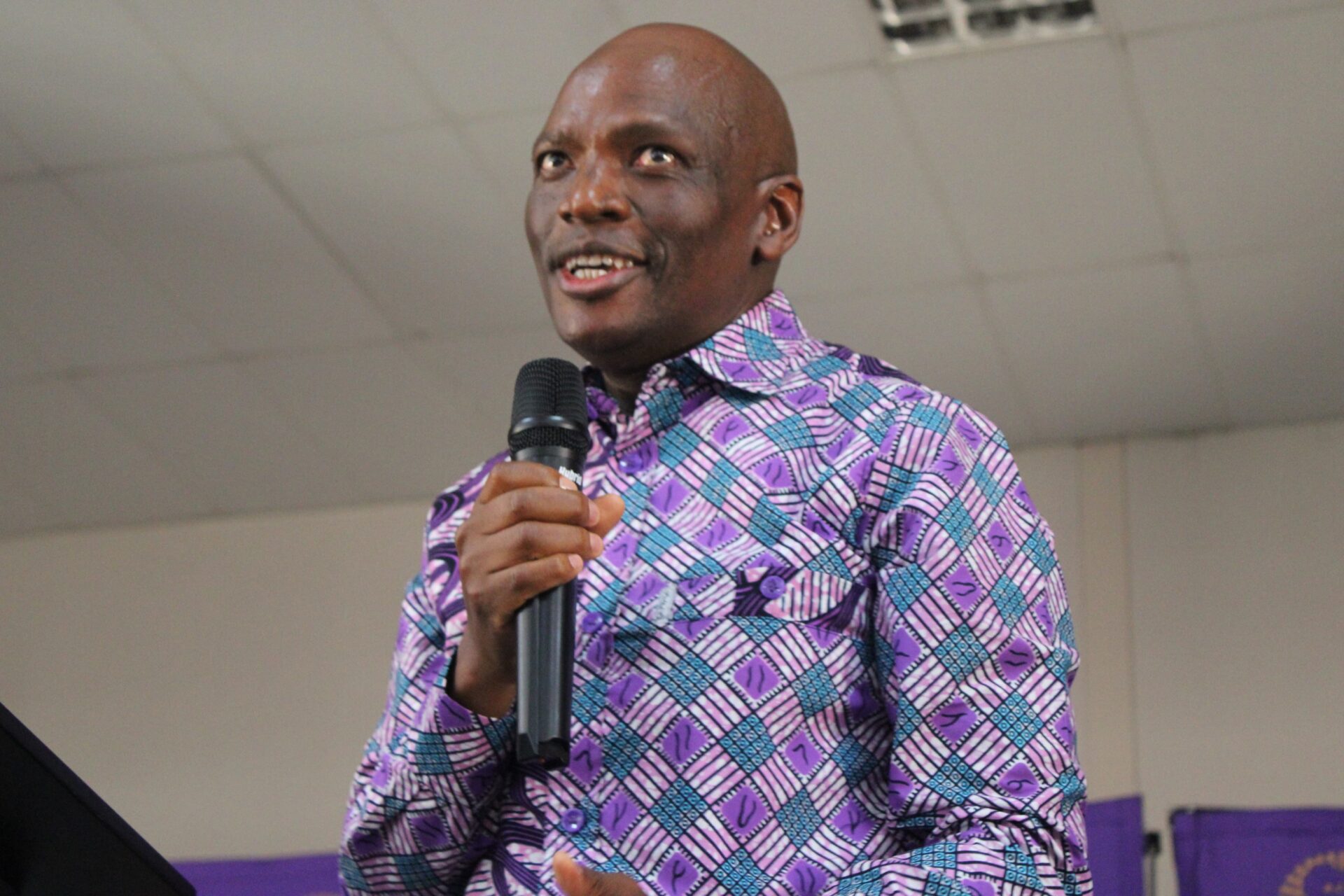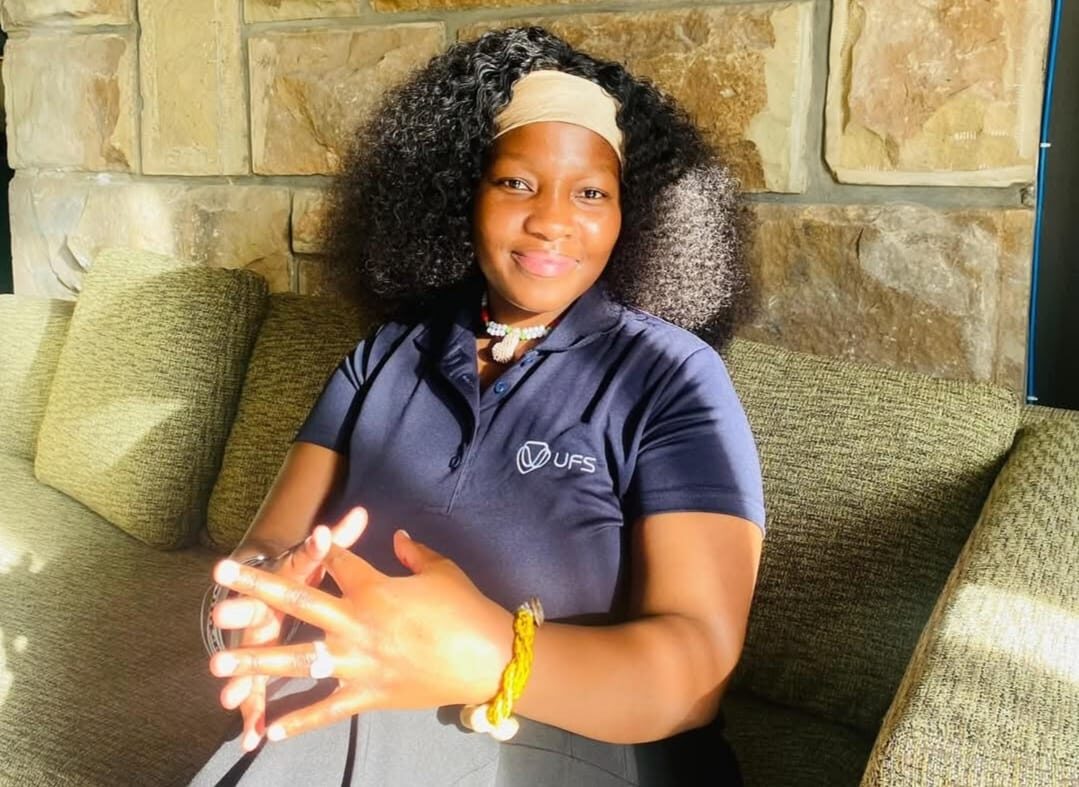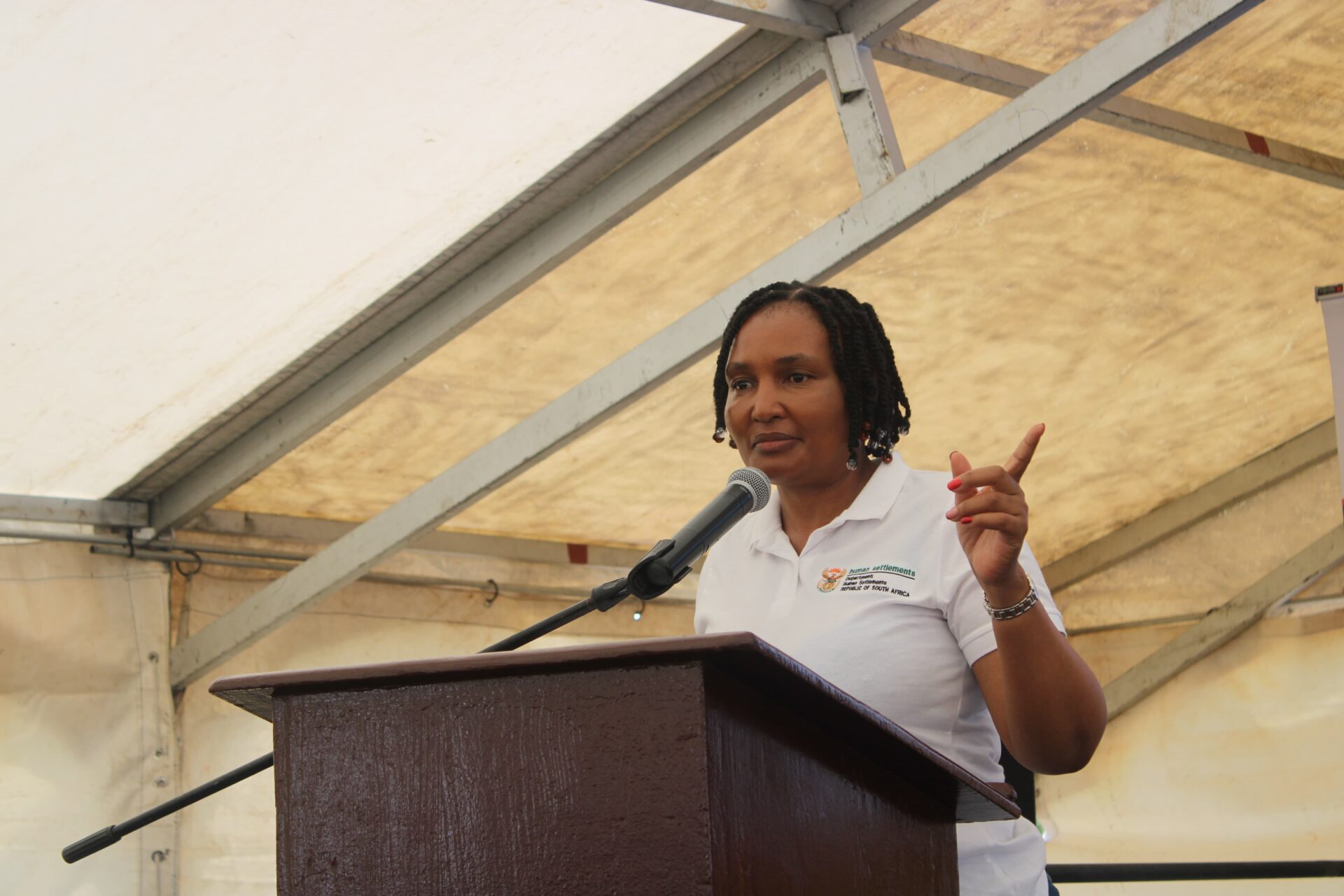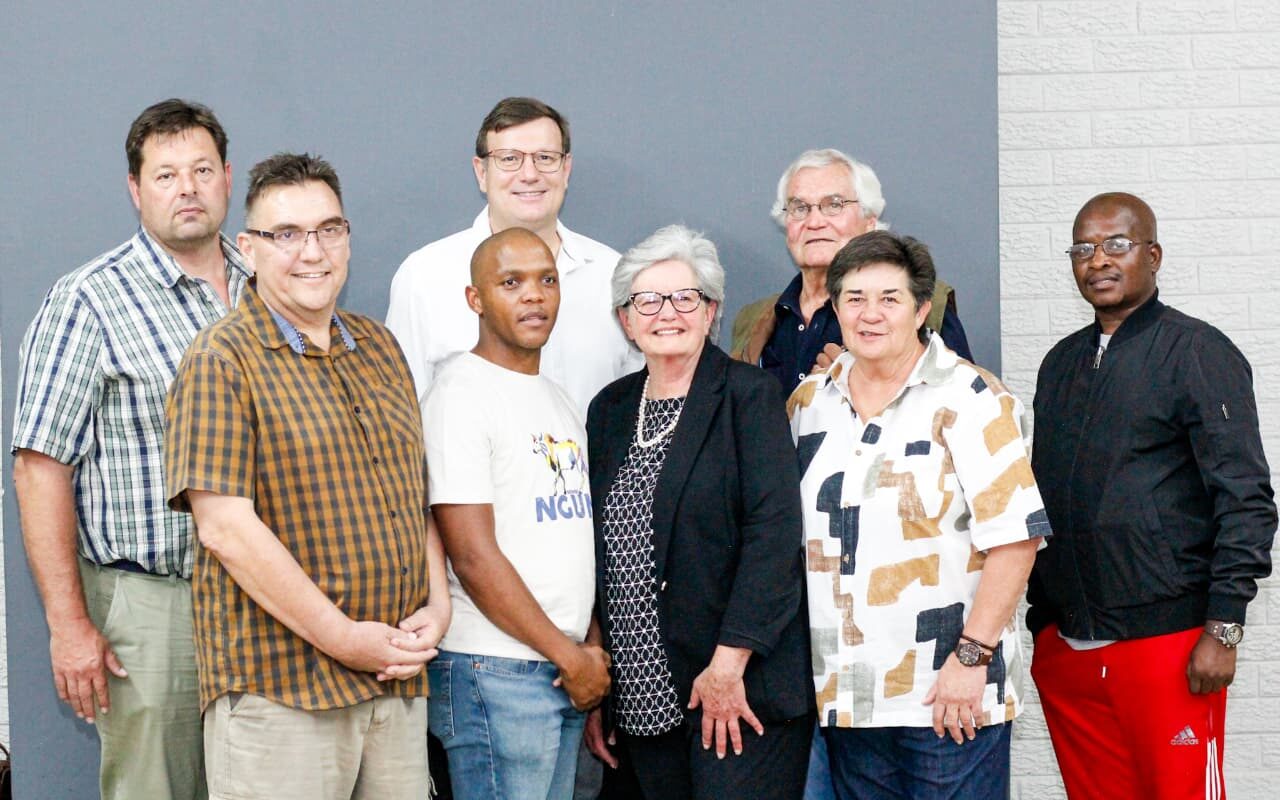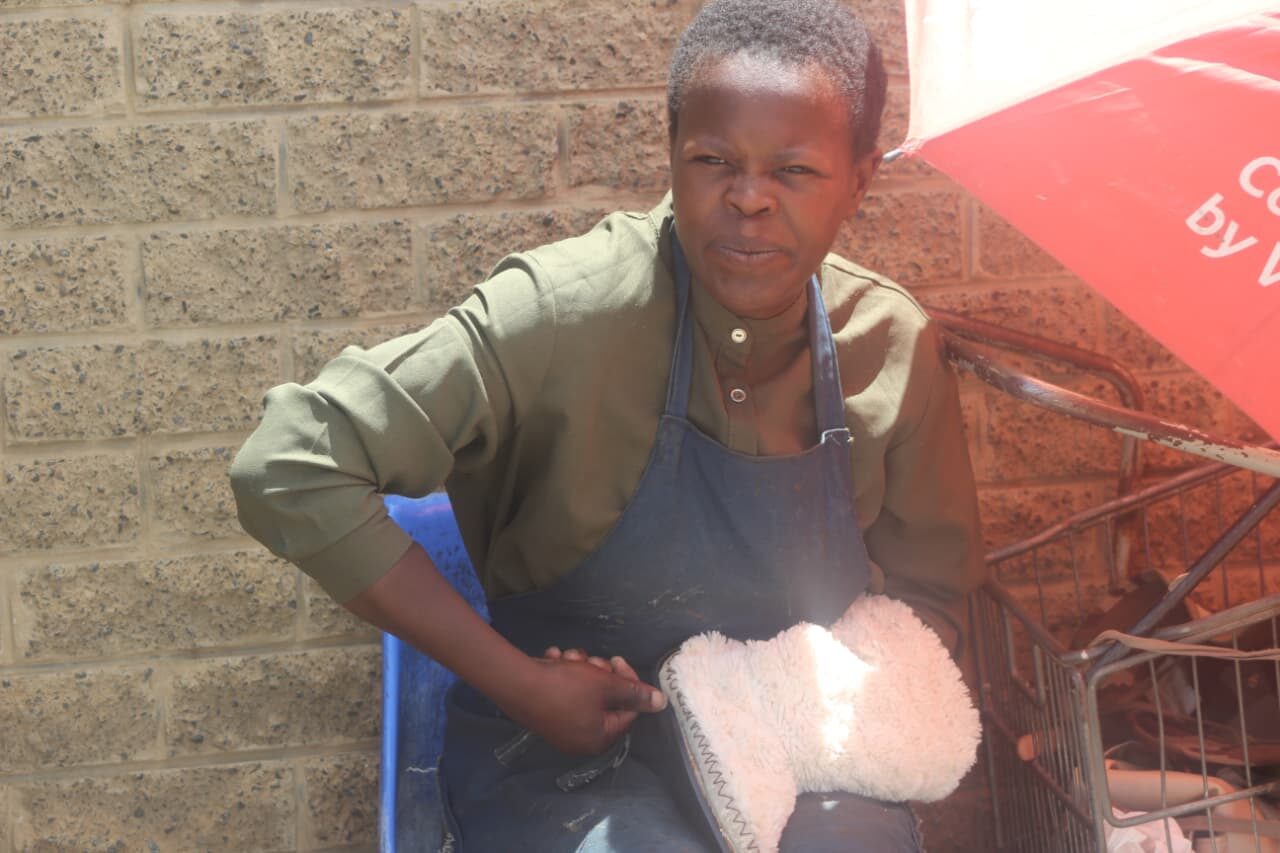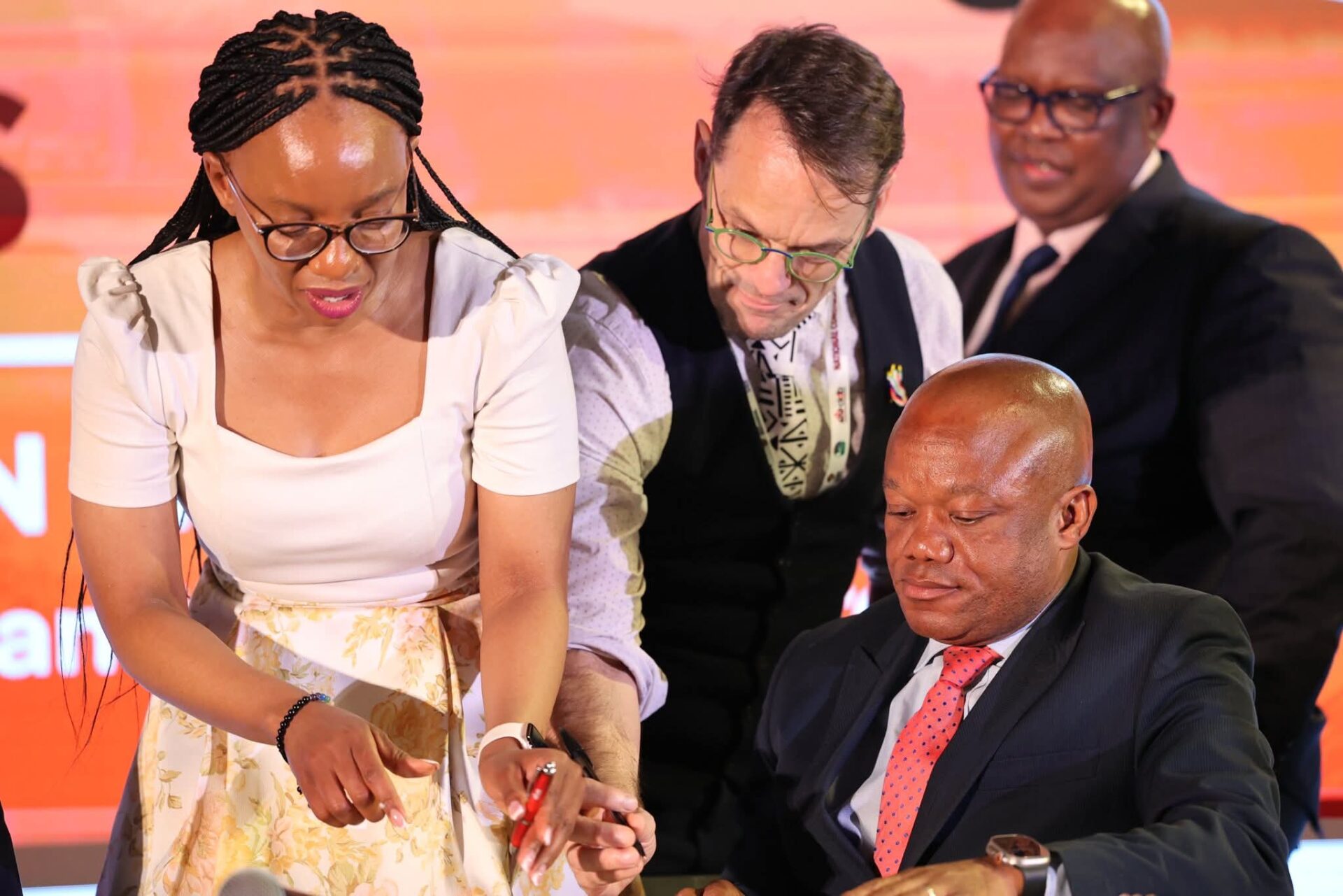By Emily Setona
QWAQWA – As President Cyril Ramaphosa delivered his State of the Nation Address (SONA) 2025, the people of Maluti-a-Phofung (MAP) listened with anticipation. The municipality, like many others across South Africa, is grappling with deepening poverty, soaring unemployment, and widening inequality.
With each SONA, residents hope for solutions that will bring tangible change to their daily lives.
In an interview with local media prior to the President’s address, Maluti-a-Phofung council speaker, Mandlenkosi Dlamini, had emphasized three critical issues that he believed Ramaphosa needed to address: poverty, unemployment, and inequality.
Despite the challenges facing the country, Dlamini urged the community not to lose hope.
“Our government remains committed to changing lives. Progress takes time, but we must stand together, support the initiatives being put in place, and play our role in rebuilding our communities,” he said.
Fighting the surge of poverty
Poverty continues to grip communities across the country, with Maluti-a-Phofung being no exception. In his speech, Ramaphosa acknowledged the growing economic hardship and reaffirmed his government’s commitment to tackling poverty. He announced plans to expand social grants, invest in food security programs, and boost support for small businesses in townships and rural areas.
The President’s pledge to “ensure that no South African goes to bed hungry” was met with cautious optimism. However, many residents in MAP remain sceptical, pointing out that previous promises have not translated into meaningful change. With rising food prices and a struggling local economy, they fear these initiatives may not reach those most in need unless local government structures are strengthened to ensure effective implementation.
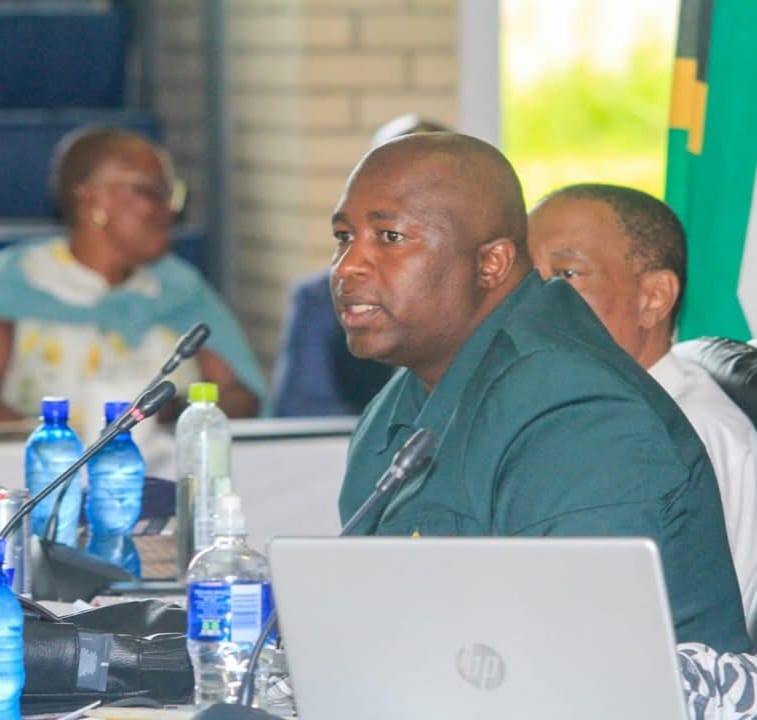
Speaker of Maluti-a-Phofung local council Mandlenkosi Dlamini.
Unemployment: a crisis in need of urgent action
With MAP’s unemployment rate among the highest in the country, job creation remains a top concern for residents. Ramaphosa emphasized the role of public-private partnerships, infrastructure development, and targeted youth employment programs in addressing the crisis. He highlighted government-led initiatives to revitalize industrial areas and provide funding for small businesses.
However, many in MAP worry that these projects will once again focus on major urban centres, leaving smaller municipalities behind. Local businesses and community leaders argue that unless national government prioritizes areas like Maluti-a-Phofung, unemployment will remain a persistent struggle.
Tackling inequality: equal opportunities for all
South Africa remains one of the most unequal societies in the world. Despite three decades of democracy, access to opportunities, whether in education, business, or employment, remains skewed in favour of the privileged few. Ramaphosa addressed this concern by pledging to accelerate land reform, improve access to funding for black entrepreneurs, and ensure fair wages for workers.
For Maluti-a-Phofung, inequality is felt in everyday life, underfunded schools, struggling hospitals, and communities facing ongoing service delivery failures. Many fear that without decisive action, these promises will remain just that, promises. If the President’s plans are to have any impact, government must prioritize policies that uplift the most disadvantaged and ensure equitable access to opportunities.
Will this SONA bring change to Maluti-a-Phofung?
While some officials remain hopeful, community leaders are not easily convinced. Joseph Mokhampanyane, a well-known local activist, voiced his scepticism about the government’s ability to follow through. “I want to see things practically happening. Look, we are living in a country where Presidents give powerful written speeches aligned with the law, but the problem is implementation. If those resolutions are not executed and monitored, I don’t have much to say,” he said in an interview with The Guard.
President Ramaphosa’s address offered hope, but MAP residents have heard similar commitments before. The challenge now is implementation. Communities, local governments, and businesses must work together to hold national leaders accountable.







